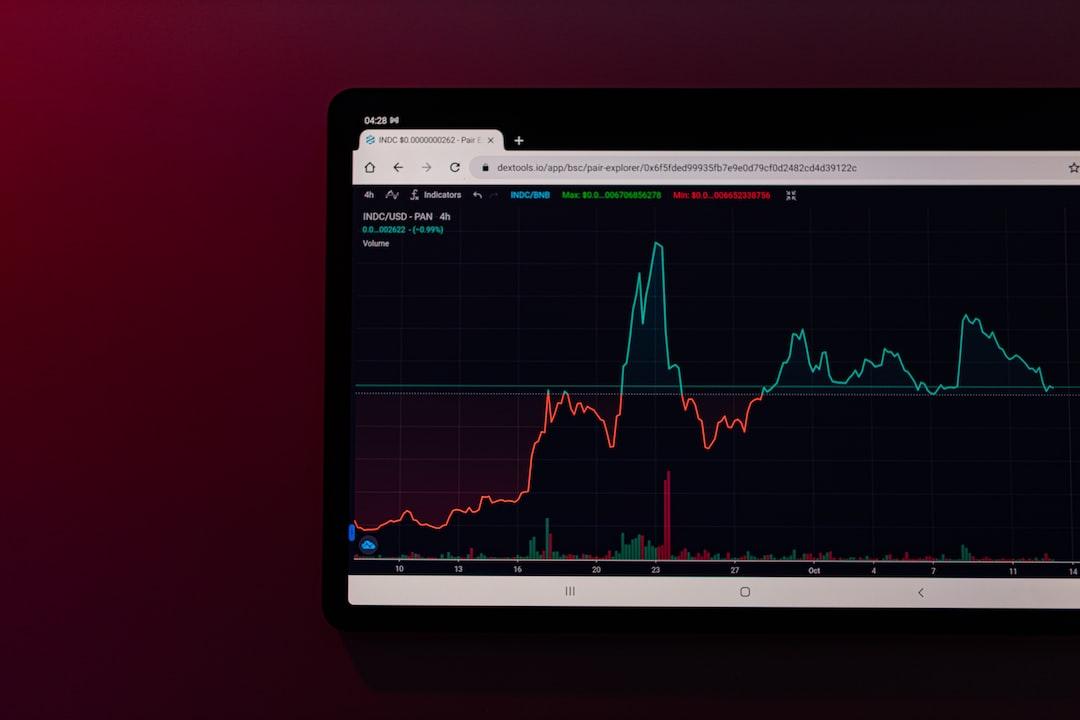The London Stock Exchange (LSE) has recently declared its plans to accept applications for Bitcoin and Ether crypto exchange-traded notes (ETNs) in the second quarter of 2024. The exchange affirmed that it would follow the guidelines outlined in its Crypto ETN Admission Factsheet, although the specific date for accepting applications was not provided.
According to the factsheet, the LSE requires crypto ETNs to be physically backed and non-leveraged, with a publicly available market price or value measure of the underlying asset. These ETNs must be backed by either Bitcoin (BTC) or Ether (ETH).
Additionally, the LSE emphasized that the underlying crypto assets should be primarily held in a cold wallet or a similar secure storage solution. Furthermore, these assets should be held by a custodian who is subject to Anti-Money Laundering laws in the United Kingdom, the European Union, Switzerland, or the United States.
The LSE defines ETNs as debt securities that provide exposure to an underlying asset. These crypto ETNs enable investors to trade securities that track the performance of crypto assets during the exchange’s trading hours.
ETNs are often seen as a more flexible alternative to exchange-traded funds (ETFs). Unlike ETFs, which are backed by a pool of assets, ETNs are debt instruments supported by their issuers. ETFs frequently focus on complex debt strategies that are not easily compatible with funds.
In a similar vein, the Financial Conduct Authority (FCA) of the United Kingdom has announced that it will not oppose requests from Recognised Investment Exchanges (RIEs) to establish a market segment for crypto-backed ETNs. The FCA permits exchanges to offer these products to “professional investors,” including credit institutions and regulated investment firms.
The financial regulator has also called for exchanges to implement adequate controls to protect investors. The FCA stipulates that crypto-backed ETNs must meet requirements such as ongoing disclosure and prospectuses, which are part of the U.K. listing regime.
However, the FCA has deemed crypto-backed ETNs unsuitable for retail investors due to their risks. The regulator maintains the ban on selling these products to retail consumers and continues to remind the public that cryptoassets are highly risky and largely unregulated. The FCA advises individuals who choose to invest in cryptoassets to be prepared for the possibility of losing all their money.
In other news, the mining difficulty for Bitcoin has skyrocketed, and new emails allegedly from Satoshi Nakamoto, the pseudonymous creator of Bitcoin, have been revealed. All this and more can be found in the latest edition of Hodler’s Digest magazine.

